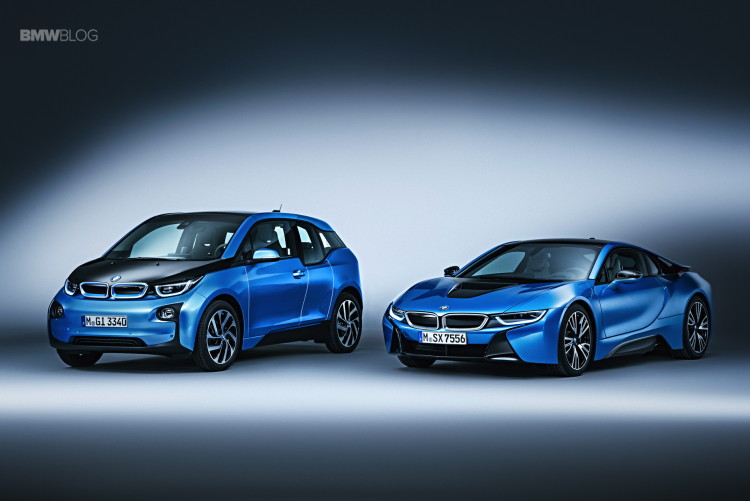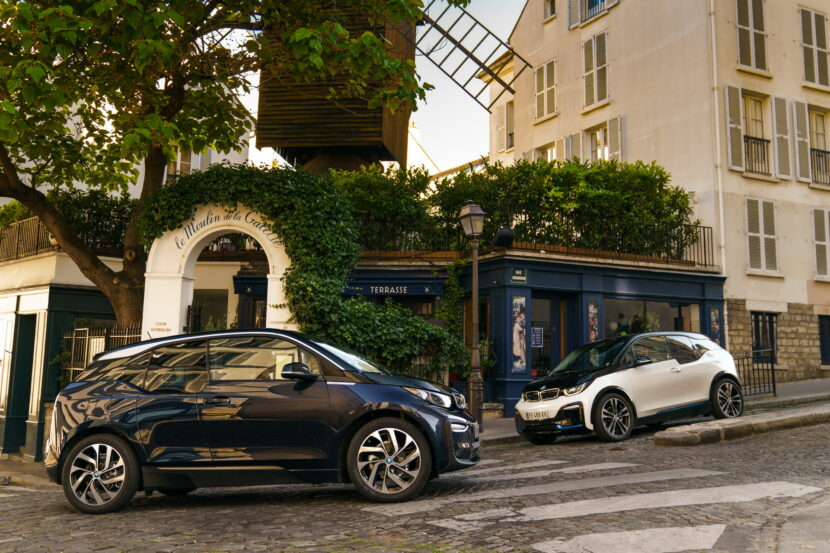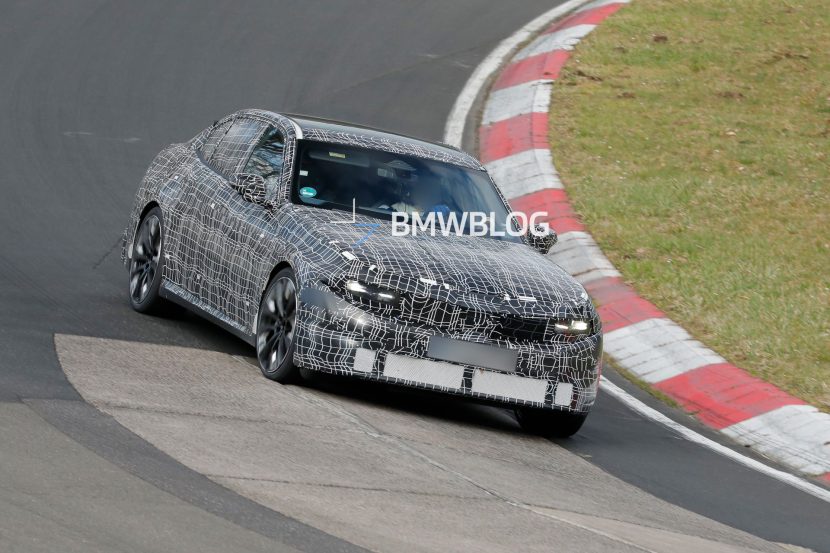For the first time since the i sub-brand models came out, the sales of the two cars have decreased. The BMW i3 and i8 added up to about 5,100 units sold in the first quarter of 2016, which translates into a drop a 23 percent compared to the same period last year. However, BMW claims the recent departure of key executives had nothing to do with it.
Earlier this month, Carsten Breitfeld, head of the i8 program, Benoit Jacob, BMW i head of design, Dirk Abendroth, manager of the i powertrain group, and Henrik Wenders, head of i product management, joined Future Mobility, a Chinese company that is just getting off the ground. And while this might seem like it will impact future developments, Harald Krueger, the CEO of the company came out this week saying that there won’t be a problem in soldiering on.
According to Automotive News, customers were reluctant to purchase electric vehicles or hybrids from BMW mostly because they were waiting for the German government to pass a new law that would allow them to access subsidiaries for their eco-friendly purchases. The new legislation offers a 4,000 Euro incentive for buyers of pure electric vehicles and a 3,000 Euro incentive for those looking for a plug-in hybrid.
Furthermore, due to various rumors that the i3 will receive a 50 percent increase in range thanks to a new pack of batteries, even more potential buyers decided to hold off until the new model came out. Now that the 94 Ah version is here, BMW is expecting sales figures to start climbing again, looking forward to a new all-time high for the i sub-brand.






































































